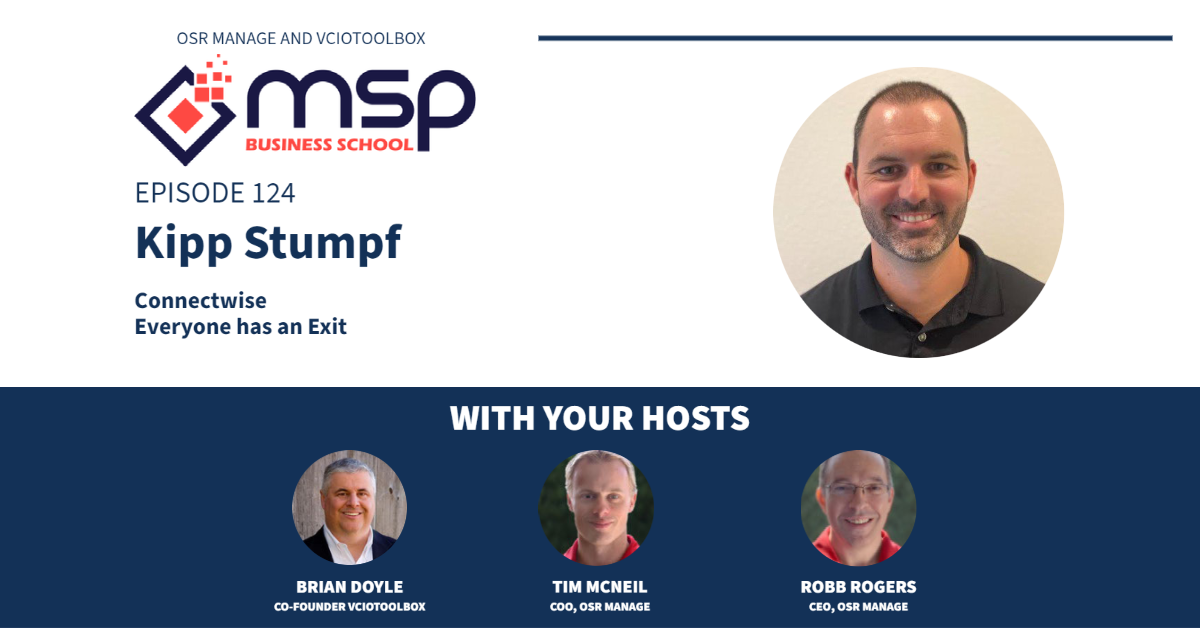- Technology
- SEE MORE
- classical
- general
- talk
- News
- Family
- Bürgerfunk
- pop
- Islam
- soul
- jazz
- Comedy
- humor
- wissenschaft
- opera
- baroque
- gesellschaft
- theater
- Local
- alternative
- electro
- rock
- rap
- lifestyle
- Music
- como
- RNE
- ballads
- greek
- Buddhism
- deportes
- christian
- piano
- djs
- Dance
- dutch
- flamenco
- social
- hope
- christian rock
- academia
- afrique
- Business
- musique
- ελληνική-μουσική
- religion
- World radio
- Zarzuela
- travel
- World
- NFL
- media
- Art
- public
- Sports
- Gospel
- st.
- baptist
- Leisure
- Kids & Family
- musical
- club
- Culture
- Health & Fitness
- True Crime
- Fiction
- children
- Society & Culture
- TV & Film
- gold
- kunst
- música
- gay
- Natural
- a
- francais
- bach
- economics
- kultur
- evangelical
- tech
- Opinion
- Government
- gaming
- College
- technik
- History
- Jesus
- Health
- movies
- radio
- services
- Church
- podcast
- Education
- international
- Transportation
- Other
- kids
- podcasts
- philadelphia
- Noticias
- love
- sport
- Salud
- film
- and
- 4chan
- Disco
- Stories
- fashion
- Arts
- interviews
- hardstyle
- entertainment
- humour
- medieval
- literature
- alma
- Cultura
- video
- TV
- Science
- en
Kipp Stumpf, ConnectWise Evolve - Everyone has an exit

This episode discusses how to get involved in the business and how to start in the industry.
0:55: Brian introduces the guest and starts off the conversation by asking Kipp’s backstory on how he ended up with ConnectWise.
1:46: Kipp introduces himself as the financial guy with an accounting background then he found ConnectWise and started working as an overnight help desk support technician while getting his MBA. He also shares how he did not start in the IT industry, his experiences, and how he transitions from various positions.
7:39: Tim jumped into the conversation and shared what he learned over the years and appreciate Kipp helping companies with exit strategies.
8:51: Kipp talks about the different owner programs such as life plans, and personal and business legacy. He also talks about the Modes theory.
12:03: Robb asks Kipp about how he hasn’t heard a lot of peer groups take on a solid proactive focus on lifestyle and how peer groups are usually number-focused.
16:24: Brian halted the conversation by saying that work-life balance is a critical component in the industry and that taking care of one’s mental health is now one of the essential elements of a successful business.
18:41: Kipp shares about the MAD (making a difference) Personality and how it helps to understand how to build relationships and understanding how to interact with people.
20:28: Brian asks about the steps on how to bridge those who know that they need people and help but aren’t just ready monetarily. Kipp explains some of the barriers, especially for smaller companies, and how to get entry where it’s not by a peer group. He also talks about the various programs the company offer depending on the size of the company.
26:22: Robb raises a question about “What if an MSP only wants to join a sales peer group, do they have to join the main peer group?”. Kipp explains the people involved in different peer groups and how you may participate in only one peer group.
29:38: Kipp emphasizes how beneficial peer groups can be by just sharing ideas, having feedback, or even just asking what tools each company uses.